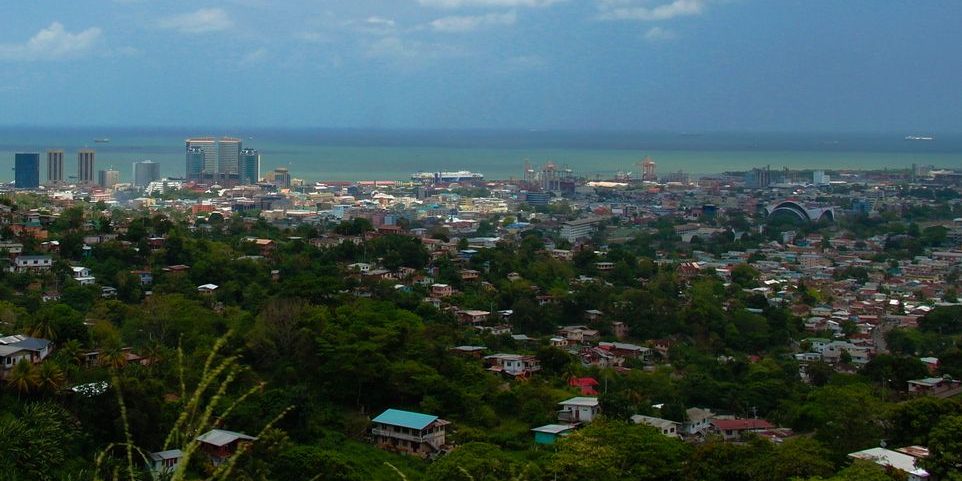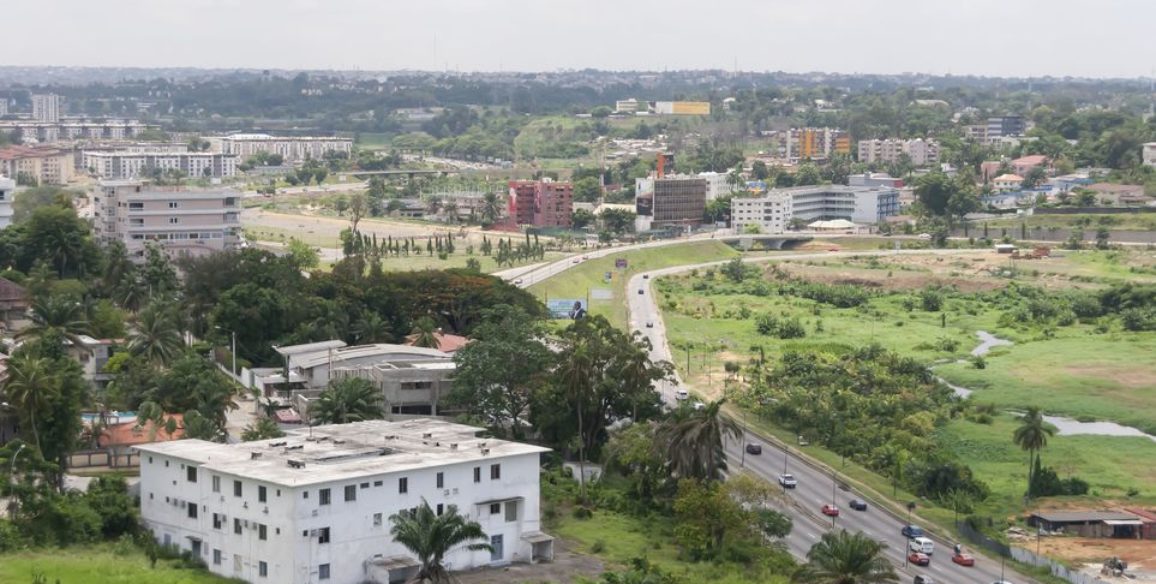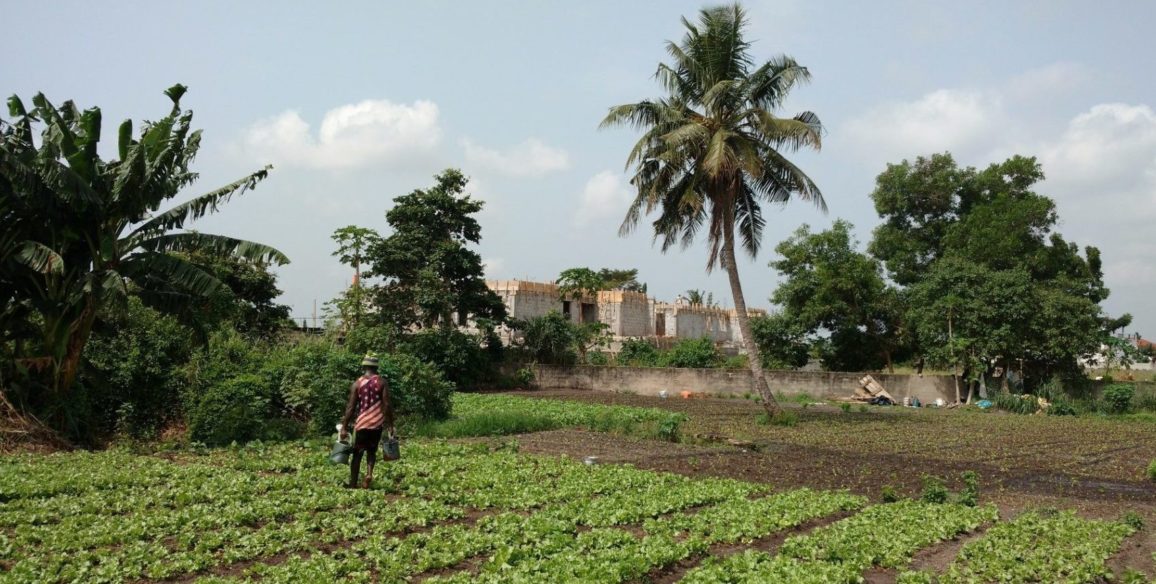Consulting services to design and implement a property business registration system, Trinidad and Tobago
Trinidad and Tobago exhibits some of the typical land characteristics of Small Island Developing States (SIDS) including small size, limited useable space, economic dependence on international markets, and vulnerability to climate change impacts, particularly sea level rise that impede its ability to recover from the loss of revenue. With a population of 1,365,000 (2016) spread among the 5,528 sq. km. land area, Trinidad and Tobago has a relatively high density with 259 persons per sq.km. These characteristics make it extremely important that land governance be performed systematically and effectively to ensure that the limited land space is sustainably managed, profitably used, and equitably allocated.
The Government of the Republic of Trinidad and Tobago has received financing from the Inter-American Development Bank (IDB) for the Project, Strengthened Information Management at the Registrar General’s Department. The consortium composed of IGN FI – GEOFIT and University of the West Indies, won the competitive bid.
Objectives and deliverables
The overall objective of the project is to strengthen the information management and institutional capacity of the Registrar General’s Department, through the design, development and implementation of the Property Business Registration System (PBRS) (technology, process, data, and people), transitioned into operational use over a series of launches. This specifically refers to the implementation of an automated land administration solution, which supports both Common Law and Torrens conveyance using digital data.
The project is divided in 3 phases that follow consecutively:
- Design, implementation, testing and acceptance of the systems
- Warranty and defects liability
- Maintenance and service level agreement
The consulting services include:
- Design and implement an automated registration system that supports the registration of real and personal property records in Trinidad and Tobago
- Transfer data from existing systems to a new and upgraded solution (data conversion, migration and re-configuration)
- Share data with key stakeholders, interface with their systems and integrate modules where necessary
- Recommend improvements to work flows at RGD locations in support of the management and business functions of the RGD
- Develop in-depth test plans and conduct respective testing to ensure complete functionality in keeping with Ministry of the Attorney General and Legal Affairs (MAGLA) performance standards
- Recommend the required hardware equipment to support the performance and reliability of the proposed automated registration system
- Provide training, as is necessary for the introduction and use of the new automated registration system
- Provide a 3-year maintenance plan/service level agreement to provide updates, upgrades, patches and to conduct scheduled performance analysis/monitoring and evaluation.





